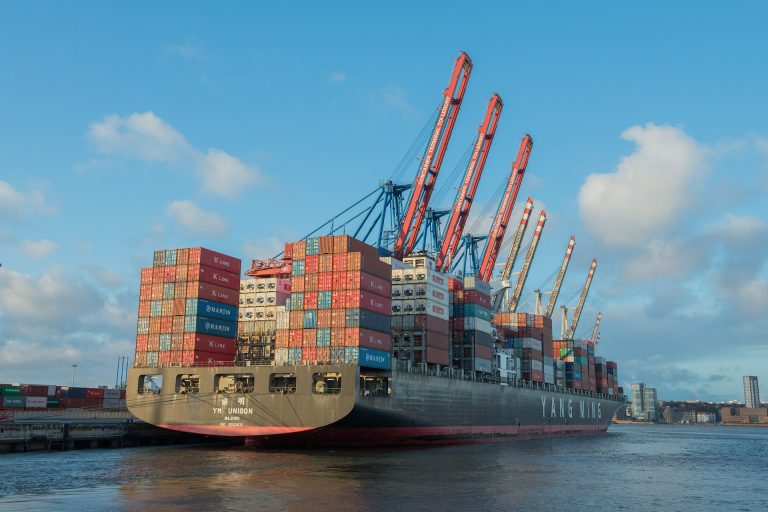The International Chamber of Shipping (ICS) has warned that mandating COVID-19 vaccines for seafarers risks disrupting the smooth operations of global shipping supply chains. The organization said that it received reports of countries insisting that shipping crews be vaccinated before being allowed entry into ports. ICS noted that crews aboard a ship can originate from almost 30 different countries at a time. Requesting all to be vaccinated under the current lack of access to vaccinations can be a potential “legal minefield.”
Nearly 900,000 seafarers employed in the profession are from developing nations. Given that these countries are not projected to achieve full immunization until 2024, ensuring that all crew members are fully vaccinated presents difficulties. Moreover, when countries mandate that seafarers be injected with a specific vaccine regardless of whether they are already inoculated by another, the situation becomes more complicated. Ship-owners could even decide to cancel voyages to avoid the risk of sailing with unvaccinated crews.
“Delays into ports caused by unvaccinated crew would open up legal liabilities and costs for owners, which would not be recoverable from charterers. Furthermore, while owners would be able to address the need for seafarer vaccines in new contracts, owners attempting to change existing contracts or asking crew to receive a specific vaccine requested by a port could open themselves up to legal liabilities,” says the ICS report.
Guy Platten, secretary-general of ICS, stated that many shipping companies were facing difficulties as they had little to no access to vaccines that would enable them to inoculate their workers. He warned that if seafarers are blocked from passing through international borders due to a lack of vaccination, the implications in the supply chain could be huge.

Bud Darr, executive vice president of maritime policy and government affairs at MSC Group, lamented the difficult situation shipping crews are in after working so hard and sacrificing their personal lives to maintain global trade. He wants the shipping industry to quickly find solutions to the crews’ vaccination problems.
Success
You are now signed up for our newsletter
Success
Check your email to complete sign up
“While we haven’t seen it yet, we’re definitely concerned that the lack of vaccinations will become an obstacle to the free movement of seafarers this year. Seafarers have already given us so much. Navigating quarantines, the suspension of flights routes and health restrictions that have kept them away from their family and friends. All to keep the world supplied with essential goods,” Darr said in a statement.
Last year, 400,000 seafarers were stranded on board ships across the world due to travel restrictions and international lockdowns in a “crew change crisis.” With further requirements and mandates looming, compounded with a lack of direct access to vaccines, shipowners fear a similar crisis in the coming months.
The China-centric World Health Organization (WHO), which recently conducted a largely fruitless investigation into the origin of SARS-CoV-2 responsible for the current COVID-19 pandemic, has issued a joint statement with several labor, maritime, aviation, and migration organizations. The statement highlighted the necessity of prioritizing vaccination of aircrew and seafarers, indicating that over 80 percent of global trade volume is heavily dependent on the maritime industry.
The logistical problems caused by mandates go beyond making the vaccine doses available, however. Mandates also run counter to several countries’ stipulations that vaccination remain voluntary. Approximately half of all countries protect individual freedom and offer the option to decline vaccination.
Considering the fact that the Pfizer and Moderna vaccines are experimental messenger RNA variations, which have not yet passed Stage III testing, and have only been released under an FDA Emergency Use Authorization; and that COVID-19 is by and large only fatal to the elderly and compromised; mandates would force young, healthy individuals to accept potentially dangerous vaccines with unknown effects down the road, and zero liability for the vaccine producers.
Follow us on Twitter or subscribe to our weekly email















